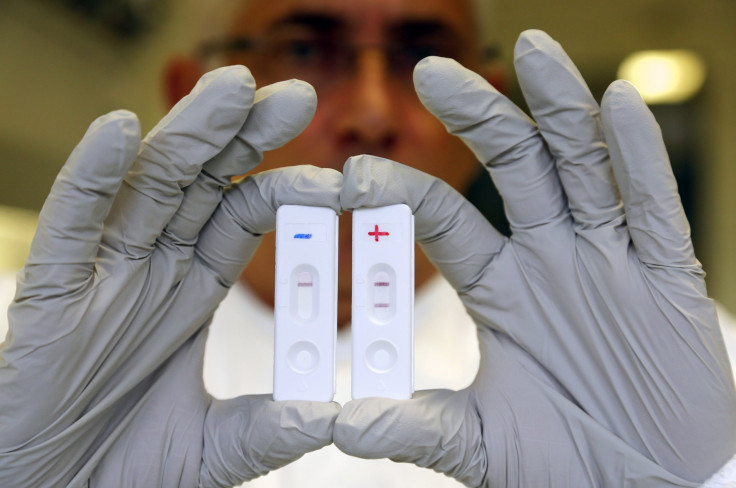WHO Condemns Lack Of Ebola Research For Poorer Populations

Finding a cure for Ebola is as much about business as it is about science. The Ebola outbreak in West Africa has now killed more than 4,900 people and is likely to cripple the economies of Liberia, Guinea and Sierra Leone, countries that were only just emerging from decades of instability. Experts attribute the virus' fast spread to underdeveloped local health systems that are ill-equipped to handle outbreaks of this magnitude.
But World Health Organization Director-General Dr. Margaret Chan told the Regional Committee for Africa there is another reason progress has been so slow.
“A profit-driven industry does not invest in products for markets that cannot pay,” she said, speaking at a meeting Monday in Cotonou, Benin. “Because Ebola has historically been confined to poor African nations, the R&D incentive is virtually nonexistent.”
There is no approved treatment or vaccine for Ebola, even though scientists discovered the deadly virus in 1976 in what was then Zaire. Until this year, there were roughly 1,800 cases affecting people in the Democratic Republic of the Congo, Gabon and Uganda, according to the U.S. Centers for Disease Control and Prevention.
“WHO has been trying to make this issue visible for ages. Now people can see for themselves,” Chan said.
Until this year, Ebola research in the United States was funded primarily by the U.S. Department of Defense and National Institutes of Health, motivated by fears of bioterrorism.
But as the largest outbreak in history continues to expand, large drug companies have taken notice, especially after reports of infected American and European patients. GlaxoSmithKline is currently testing a possible Ebola vaccine, as is Johnson & Johnson.
Smaller biotech companies are also working on Ebola treatments. Many of them have seen their stocks soar since the outbreak, with a notable boost after the first American Ebola patient was reported.
“There really is not much of a global market,” Dr. Thomas Geisbert, a virologist and Ebola expert at the University of Texas Medical Branch, told IBTimes earlier this year.
© Copyright IBTimes 2025. All rights reserved.




















